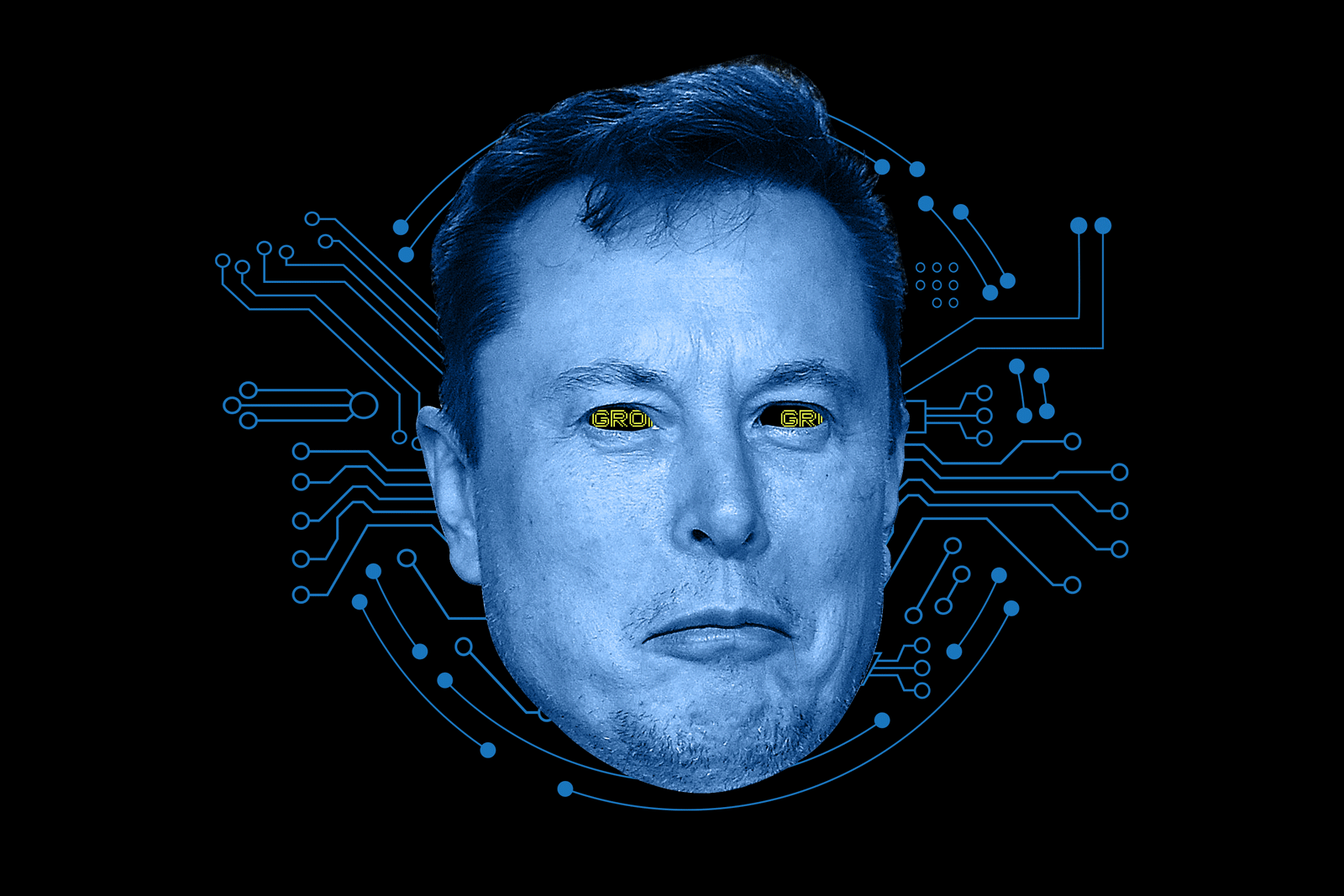Column: Jeffrey Epstein’s so-called ‘charisma’ was a fairy tale we tell ourselves about powerful men
- Share via
Undeniably charismatic. A once-upon-a-time visitor to the lurid Manhattan pile of Jeffrey Epstein used those words to describe the convicted child molester and alleged sex trafficker who died by suicide in prison on Aug. 10. Epstein, the visitor said, had a big smile and warm manner: “He was trim and energetic, perhaps from all the yoga he said he was practicing.”
Boasting of a late-life yoga habit seems like an unlikely way to earn points for charm. But somehow, like other self-styled alpha males, including his onetime friend President Trump, Epstein cultivated a fairytale that he was just so charismatic (from the Greek for “bestowed with grace”) that he didn’t need the education, accomplishments or moral scruples required of mere mortals.
Indeed, Epstein’s enablers — among them educator Donald Barr, financier Alan “Ace” Greenberg and billionaire Leslie Wexner — fell for the Epstein mystique so hard that they ended up aiding his monstrous prerogatives. (According to allegations in court documents, Epstein claimed that, because of his demigod biology, he needed “at least three” orgasms a day.)
And of course dozens of other geniuses — lawyer Alan Dershowitz, theoretical physicist Lawrence Krauss, cognitive scientist Marvin Minsky —also swooned for Epstein. They liked the donations to their causes or the perks of his friendship, but they also believed and disseminated the fiction of his unicorn status.
In the ever-popular manuals about manipulating people and amassing power, charisma is touted as something that can — and of course should — be acquired. Olivia Fox Cabane, a “charisma coach,” teaches that even introverts can learn if they do things like practice listening and making eye contact. Informally, it’s more a matter of black magic, with notes of both animal sexuality and divine grace. In Christian theology, charisma is a gift from no less than the Holy Spirit.
But by far the most relevant definition comes from German sociologist Max Weber, who in 1919 identified charisma as a precarious, and often dangerous, style of leadership. He distinguished charismatic leaders from both rational leaders, who derive their legitimacy from their office and accomplishments, and traditional leaders, who are to-the-manner-born monarchs and patriarchs. Charismatic leaders don’t earn or inherit power; they get authority only because people park their faith in them.
“Men do not obey [the charismatic leader] by virtue of tradition or statute,” Weber wrote, “but because they believe in him.” Paradoxically, the specter of a leader’s illegitimacy can make a charismatic leader more charismatic. Whatever the charismatic leader’s failures, sins, bankruptcies or felonies, his followers are super-empowered because they understand that they and they alone sustain his leadership with their blind faith.
Weirder still: If people decide to trust someone without compelling reasons to do so (good character, a strong track record), that irrationality can become its own rationale.
Epstein told the journalist James Stewart that people trusted him with confidences because he was so openly immoral that they assumed he wouldn’t judge them. This perverse logic — I trust Epstein because he’s immoral — appears to have worked.
As a corollary to the way illegitimacy emboldens followers, the charismatic leader makes other people think they are charismatic too. “His unique mind is what attracts the world’s smartest people to his home,” said one Epstein dinner guest, which could be put another way: I thought Epstein was brilliant because he associated with me.
As I read about the many people Epstein put a whammy on, what comes to mind is the blues standard “Ain’t Nobody’s Business,” from right around the time Max Weber was first making waves.
Hear it in Billie Holiday’s voice: “If my man ain’t got no money / And I say, ‘Take all of mine, honey’ / Ain’t nobody’s business if I do / If I give him my last nickel / And it leaves me in a pickle / Ain’t nobody’s business if I do.”
For a long time, “Ain’t Nobody’s Business” could have been the refrain of Epstein’s many tight-lipped accomplices. Now, of course, those people are in a moral pickle, the worst of which may be that of Victoria’s Secret founder Wexner. According to a letter to his family’s charitable foundation, dated Aug. 8, Wexner appears to be in the grueling process of discovering, at 81, that he helped to stake Epstein’s years of acquiring, trading and abusing young women. Must have been the gift-of-God charisma that wowed the man.
With Epstein dead, federal prosecutors have moved to drop the human-trafficking charges against him. But if there’s any justice, this morality tale will continue to unwind his alleged charm in court cases against his co-conspirators and in judgments for the scores of women who were Epstein’s victims.
But the story’s echoes go beyond those claims, however persuasive. Those who valet and caddie for cruel and meritless charismatic leaders need to stop being so easily bewitched by private planes and glittery dinner parties. They have to ask themselves why they are so eager for a messiah figure that they fall for easy con games and end up smoothing the way for brutal tyrants.
Twitter: @page88
More to Read
A cure for the common opinion
Get thought-provoking perspectives with our weekly newsletter.
You may occasionally receive promotional content from the Los Angeles Times.










